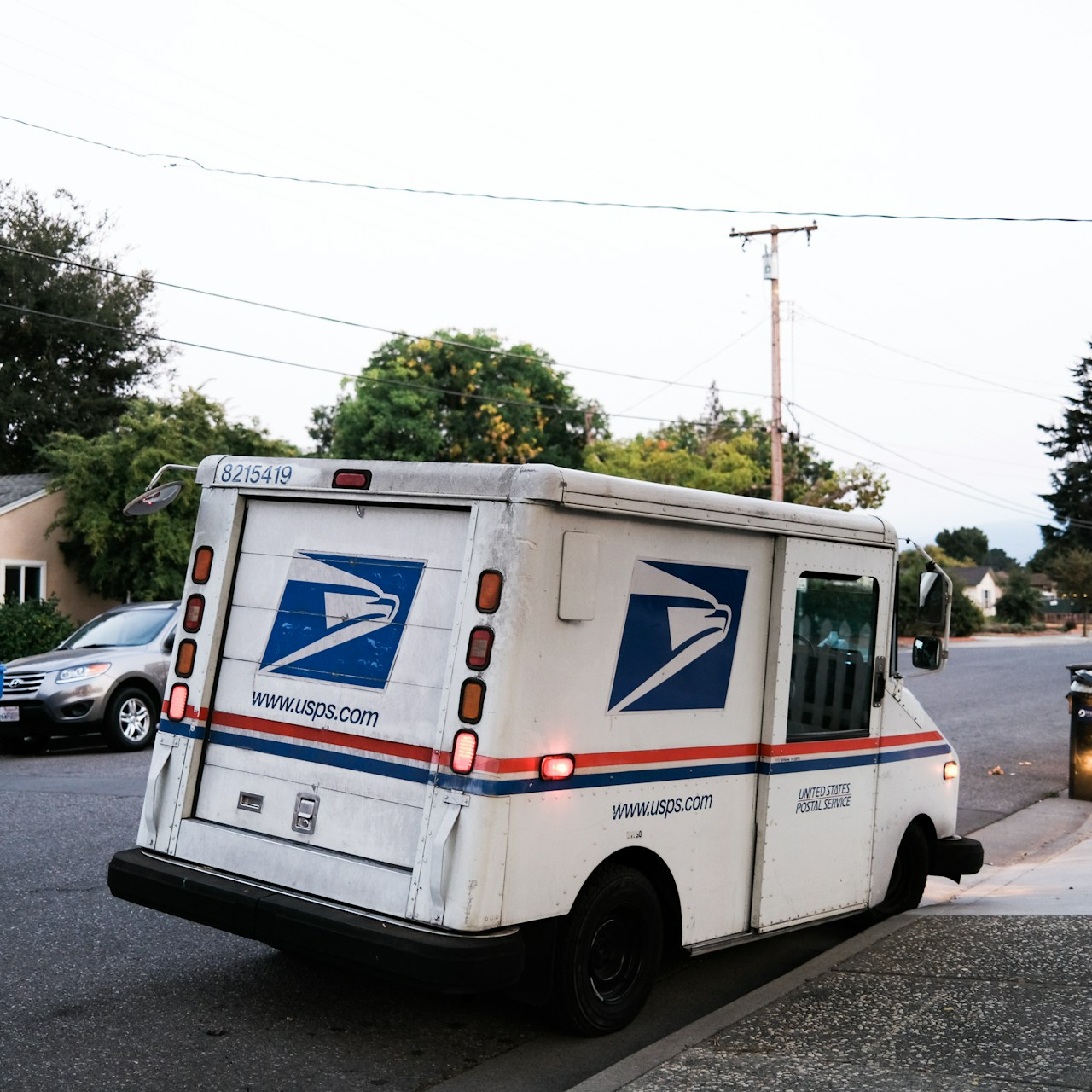Key Takeaways:
- The new health plan for postal workers in 2025 reflects major changes in federal benefits structure and could influence wider health insurance trends.
- The changes may lead to shifts in premiums, coverage options, and care networks, affecting both current postal workers and retirees.
Why Postal Workers Are Getting a Brand-New Health Plan in 2025 (And What It Means for You)
In 2025, postal workers will experience a significant shift in their health coverage. This change comes as part of broader reforms to federal employee benefits, specifically aimed at aligning healthcare offerings with evolving needs and regulations. If you’re connected to the postal system, this could be a critical time to understand how these changes may impact your healthcare coverage.
A Closer Look at Why the Change Is Happening
The overhaul of postal workers’ health insurance stems from a variety of factors. One of the biggest drivers is the establishment of the Postal Service Health Benefits (PSHB) program, set to replace the Federal Employees Health Benefits (FEHB) program for postal employees and retirees. This transition is rooted in the Postal Service Reform Act of 2022, which sought to provide financial relief to the struggling postal system while addressing long-standing issues related to retiree healthcare.
The legislation mandates that postal workers enroll in Medicare Part B when eligible, aligning with a broader effort to reduce healthcare costs and shift the burden from the federal government to Medicare. By doing this, the government aims to reduce financial pressures on the Postal Service, a move that reflects growing concerns over rising healthcare costs across federal programs.
What This Means for Postal Workers
For postal workers, the new health plan represents a significant shift in how they manage their healthcare needs. Here’s what the change means:
1. New Health Coverage Options
Under the new PSHB system, postal workers will have access to different health plan options than those previously offered under FEHB. While exact plan details are still unfolding, the general framework suggests that the coverage will more closely mirror other federal employees’ health benefits, but with specific adjustments for postal workers and retirees. This will likely mean changes to provider networks, premiums, and available coverage options.
Retirees, in particular, will see the most significant shifts. As they are now required to enroll in Medicare Part B to remain eligible for the PSHB program, they must carefully weigh the benefits and costs of dual enrollment in both Medicare and their postal-specific health plan. This added Medicare requirement could streamline access to certain care providers but also add complexity when coordinating benefits.
2. Potential Changes in Premiums
Although specific figures aren’t available yet, one of the expected outcomes of this shift is a change in premiums for postal workers and retirees. With Medicare becoming a primary source of coverage for retirees, the cost of maintaining health insurance through the PSHB program could decrease for some individuals, as Medicare is expected to pick up a portion of the healthcare tab.
However, some postal employees may see their premiums rise, particularly those still in active service who are not yet Medicare-eligible. The shift in the structure of healthcare costs could mean higher premiums for those still dependent solely on their employer-sponsored plans.
3. Medicare Integration: A New Reality
For many postal retirees, the integration with Medicare is one of the most important elements of the new health plan. Under the new requirements, retirees must enroll in Medicare Part B as soon as they become eligible, or they risk losing access to the PSHB program. This Medicare integration is designed to reduce the Postal Service’s financial burden and ensure that retirees are using Medicare as a primary source of coverage.
While this mandatory enrollment in Medicare Part B may seem like a burden to some, it does offer certain benefits. For one, retirees may find that they have greater access to medical providers across the country, thanks to Medicare’s extensive provider network. Additionally, having Medicare as the primary payer could mean reduced out-of-pocket costs for certain services, as the PSHB plan will act as secondary coverage.
Why Are These Changes Important Beyond the Postal Service?
The ripple effects of this shift in postal workers’ health coverage could be felt beyond the immediate circle of federal employees. As the largest employer-sponsored health insurance system in the U.S., changes within the federal structure often signal broader trends in the national health insurance landscape. Here are some potential implications:
1. Pressure on Other Employer-Sponsored Plans
As the PSHB program shifts postal workers into Medicare at retirement, it could set a precedent for other large employers to encourage or mandate similar shifts for their retirees. This move helps employers reduce their long-term healthcare liabilities, a particularly appealing option for organizations with aging workforces.
If this becomes a common practice, non-governmental workers nearing retirement might also see their employers incentivizing or even requiring Medicare enrollment, potentially reshaping the retiree healthcare landscape nationwide.
2. Possible Evolution of Medicare and Federal Benefits
The integration of postal workers’ benefits with Medicare may be a bellwether for future reforms to the Medicare program itself. If this approach successfully alleviates some of the financial pressure on the Postal Service, lawmakers may consider similar reforms for other federal employees. Such changes could be aimed at bolstering the financial sustainability of Medicare and federal healthcare programs in the face of an aging population.
Medicare has long been a cornerstone of U.S. healthcare for retirees, and adjustments like those happening in the postal service may prompt broader discussions about how Medicare is structured and how federal employees interact with it.
3. Increased Focus on Preventive Care
With the mandatory enrollment in Medicare Part B, there’s likely to be a renewed focus on preventive care, as Medicare emphasizes services that can reduce long-term healthcare costs. Postal workers and retirees may find that their new health plan incentivizes or makes it easier to access preventive screenings and services, aligning with a broader trend toward keeping healthcare costs manageable by addressing potential health issues early.
This focus on preventive care, already emphasized in many private and employer-sponsored plans, may become more pronounced as healthcare reform continues to evolve. By shifting costs and focus to preventive measures, both public and private insurers can potentially reduce the strain on their systems, creating a healthier, more cost-effective healthcare model.
What Should Postal Workers and Retirees Do Next?
As the 2025 deadline approaches, current postal workers and retirees should take steps to prepare for the upcoming changes. Here’s what to consider:
-
Understand the Medicare Enrollment Requirements: Retirees who are nearing Medicare eligibility should familiarize themselves with the enrollment process. Failure to sign up for Medicare Part B could result in losing PSHB coverage, so it’s essential to stay ahead of any deadlines and understand the implications of the new plan.
-
Evaluate Your Healthcare Needs: Take stock of your current healthcare needs and anticipate how they may change in the coming years. If you are nearing retirement, it’s particularly important to consider how dual coverage under Medicare and the PSHB program will meet your needs. Talk to a licensed insurance agent if you need help navigating these changes.
-
Stay Informed: The PSHB program is still evolving, so postal workers should pay attention to updates from their employer, the government, and Medicare. Regularly checking in on changes will ensure you’re not caught off guard as the 2025 deadline approaches.
Changes Ahead for Postal Workers and Retirees
The upcoming transition to the Postal Service Health Benefits program is a monumental shift for postal workers and retirees alike. This move not only realigns healthcare coverage with broader federal programs but also offers an insight into how retiree healthcare in the U.S. may evolve in the coming years. As 2025 approaches, staying informed and proactive about these changes is critical to ensuring a smooth transition.









